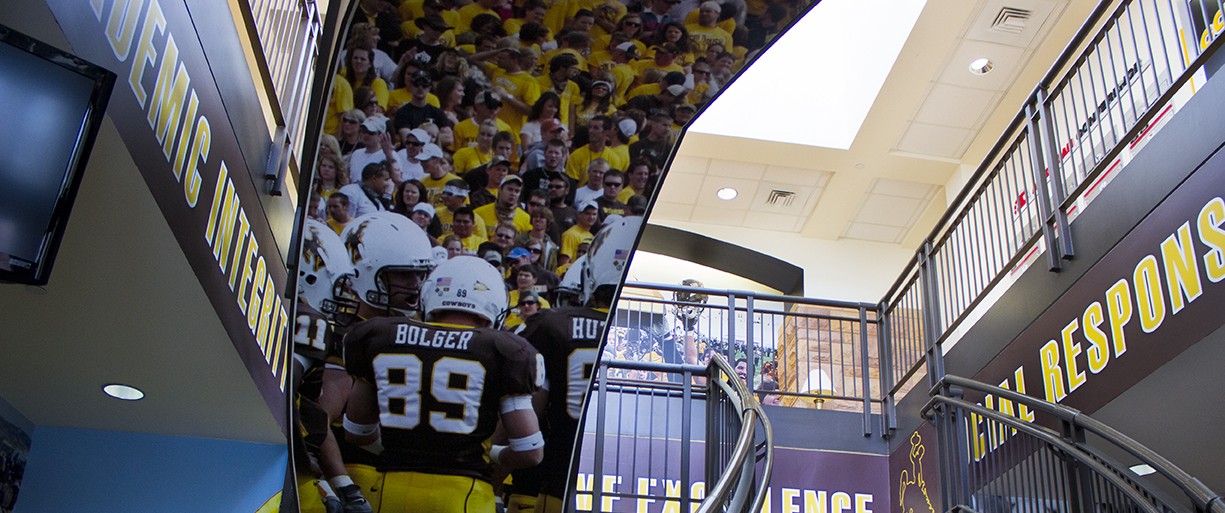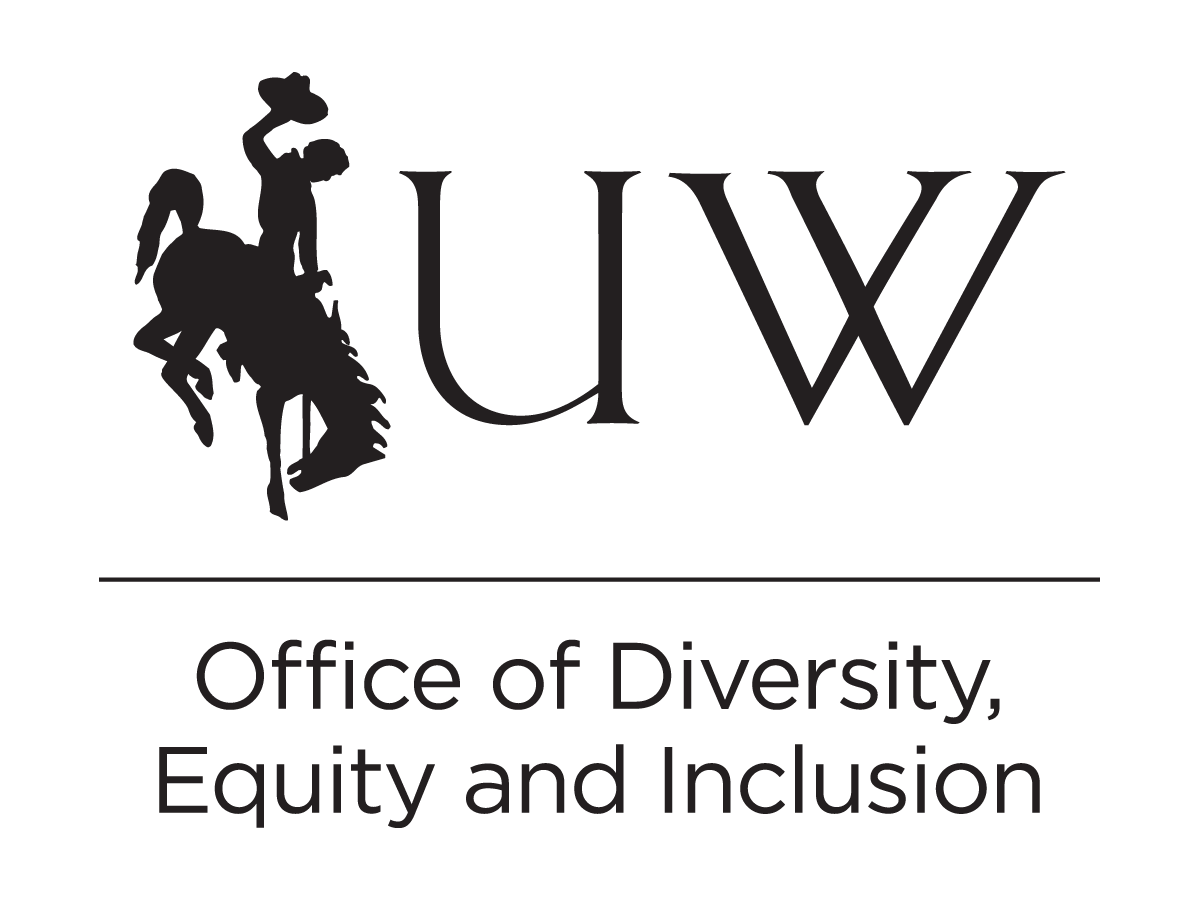Alec Schaffer
aschaff3@uwyo.edu
UW student athletes’ GPA averages are almost the same as the UW student body, despite the stresses of training and competing at a college level.
The average cumulative G.P.A. for student athletes is 3.05, which is .01 lower than the UW stu-dent body’s G.P.A. of 3.06, Albert Reiser, UW assistant athletic director for academic services, said. For the 2014-2015 school year the student body average was 2.96, compared to the average student athletes’ G.P.A. of 2.95.
There are several reasons Reiser attributes for this successful balance of academics and sports by student athletes.
“First of all we have just a great group of tutors,” Reiser said.
Reiser also said the student athletes UW recruits are more academically inclined than other schools.
“We get a lot of those students that are maybe a little more academically focused,” Reiser said. “The kid that is looking at a handful of other programs, that say you can’t do engineering if you do football and they come here and we say we’ll make it work.”
A typical fall schedule for a football player begins with a 30-minute work out every morning followed by a mandatory breakfast from 7 to 8 a.m. It is then expected athletes will take classes between the hours of 8 a.m. and 2 p.m., Ryan McGinn, UW academic coordinator, said.
At 2:30 p.m. the football players make their way to special meetings to discuss tactics and other technical skills. Over the course of the week they are given eight hours for practice, McGinn,said.
Additionally, athletes are expected to attend a team dinner every night.
During a typical season, a football player will likely miss between five and six Fridays. Football is one of the sports with the lowest travel time, where as other sports like golf, a student can miss up to a week of classes for tournaments, Reiser, said.
Academic services works to balance the stress of travel, time and other athletic commitments, Reiser said.
“Our job is to steal them away from sports so they can focus on school,” he said.
In addition to tutoring programs and special sport academic advisers, academic services also makes sure student athletes meet NCAA requirements.
“There are three benchmarks,” Reiser said.
The first benchmark is percentage toward degree, this roughly comes out to 20 percent toward ones degree each year for a five-year degree track. The second benchmark is a G.P.A re-quirement on a sliding scale. The third is a requirement of passing six credit hours per semester and 18 per year.
If a student is unable to meet these requirements they are no longer eligible to compete, Reiser said.
“Very few students run into issues with G.P.A,” Reiser said. “We expect you to perform at the same, or quite frankly above the level of the student body.”
With academic scandals in other college athletic programs, UW takes the academic honesty of its athletes very seriously, Reiser said.
“We try to set up a system that if you just show up and work, it’s almost easier than cheating. You have to put in effort to be devious,” Reiser said.
Reiser added there is no tolerance for cheating of any kind and there are severe penalties for aca-demic misconduct within the UW athletics department, in addition to a campus penalty imposed by campus policy.
Across the board UW has one of the best programs in place to prevent academic misconduct, Reiser said.
“It comes from top down,” Reiser said. “Everyone of our senior staff started in compliance or as a lawyer of some kind.”
Reiser added staff oversees everything to make sure athletes and tutors are working within the bounds they are allowed.
“It seems like they run a pretty tight shift,” Zachary Hall, UW athletics tutor and junior in math-ematics, said.
All tutors and athletes are required every year to attend an education program, where they are educated on the consequences of cheating as well as what they are allowed to do while working together.
“They don’t get those hours a day to relax and unwind. When they try they usually fall behind or get into trouble” James Matonte, UW athletics tutor and UW senior in business, said. “They are constantly moving between classes, tutoring appointments and practice for their sport.”



